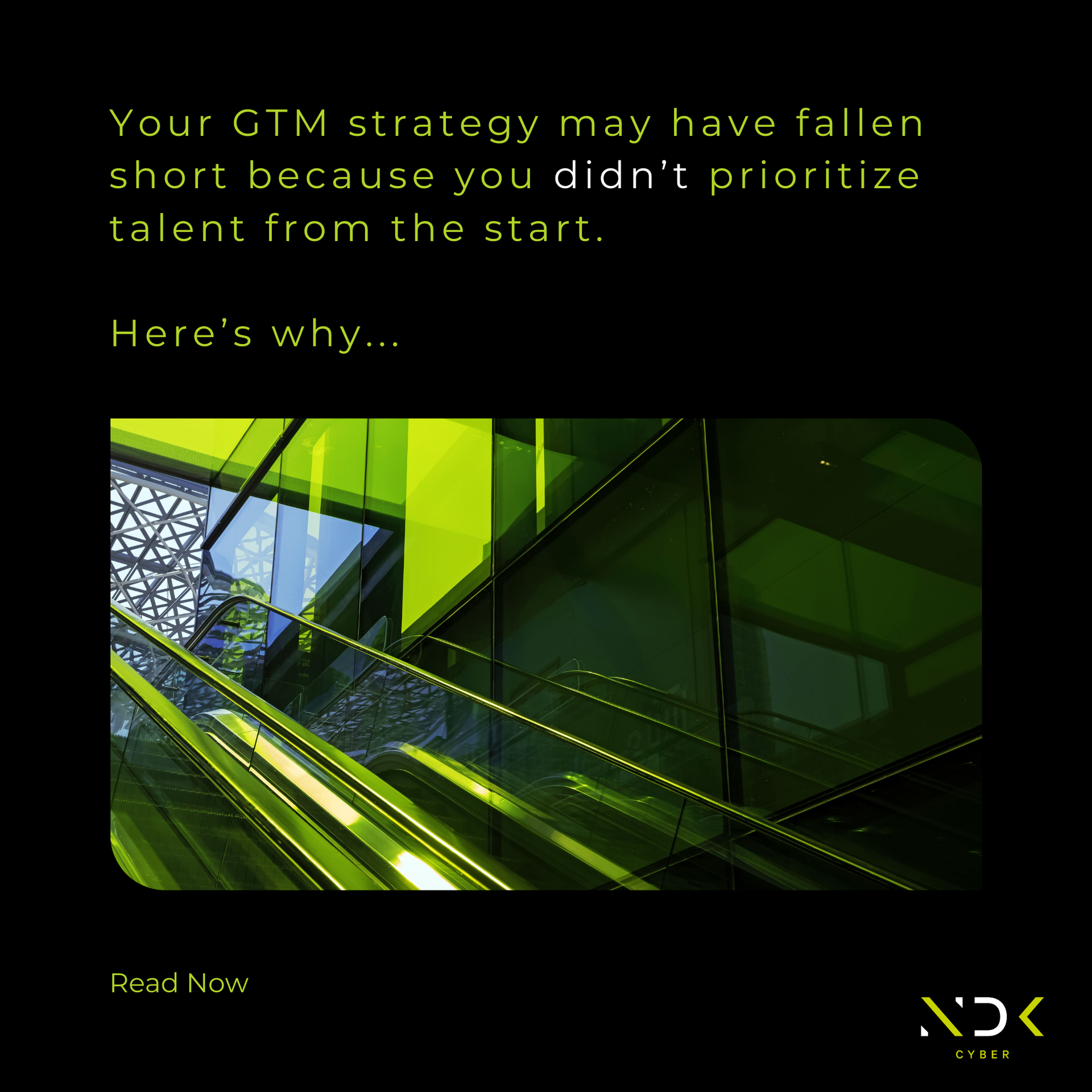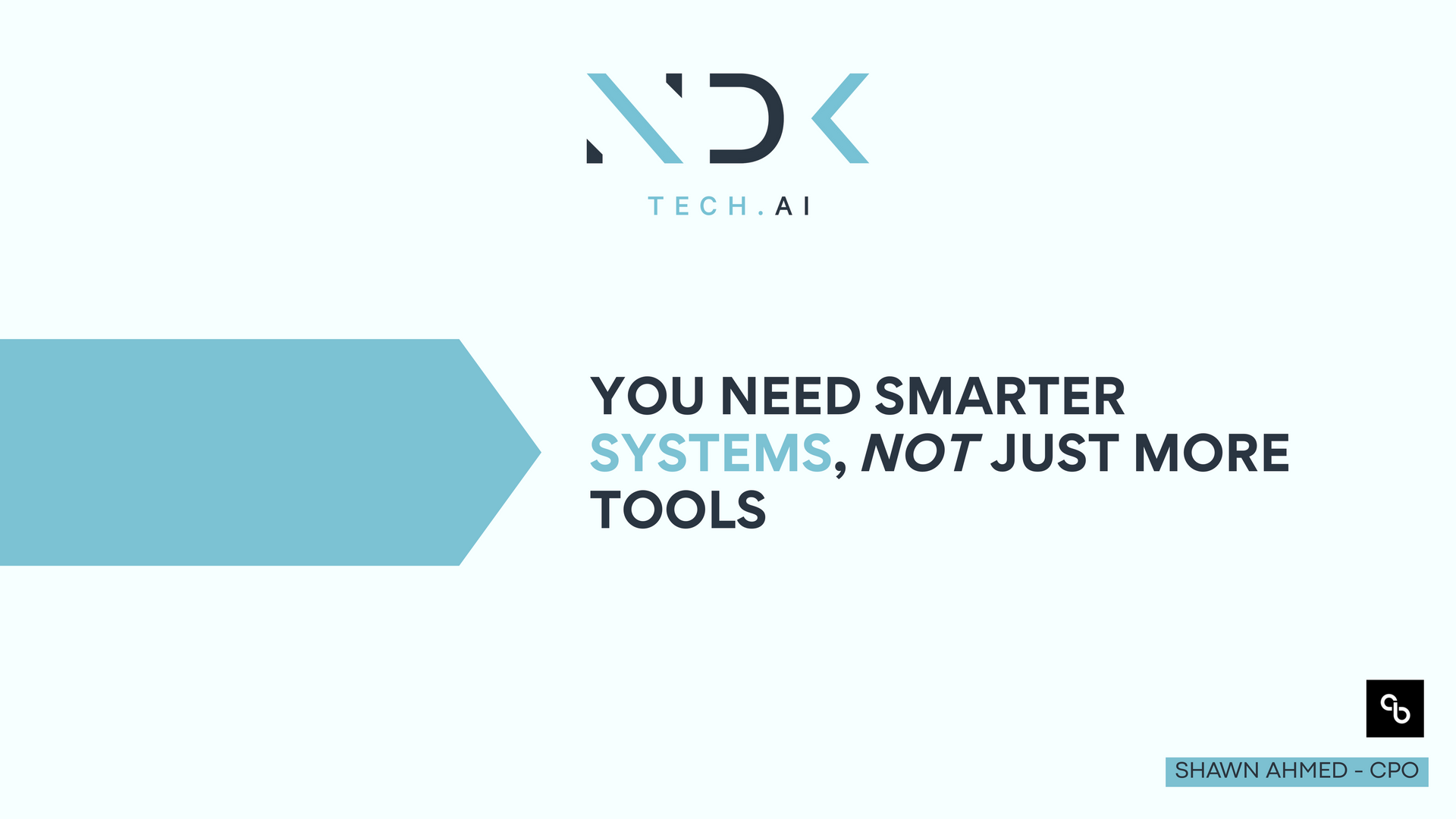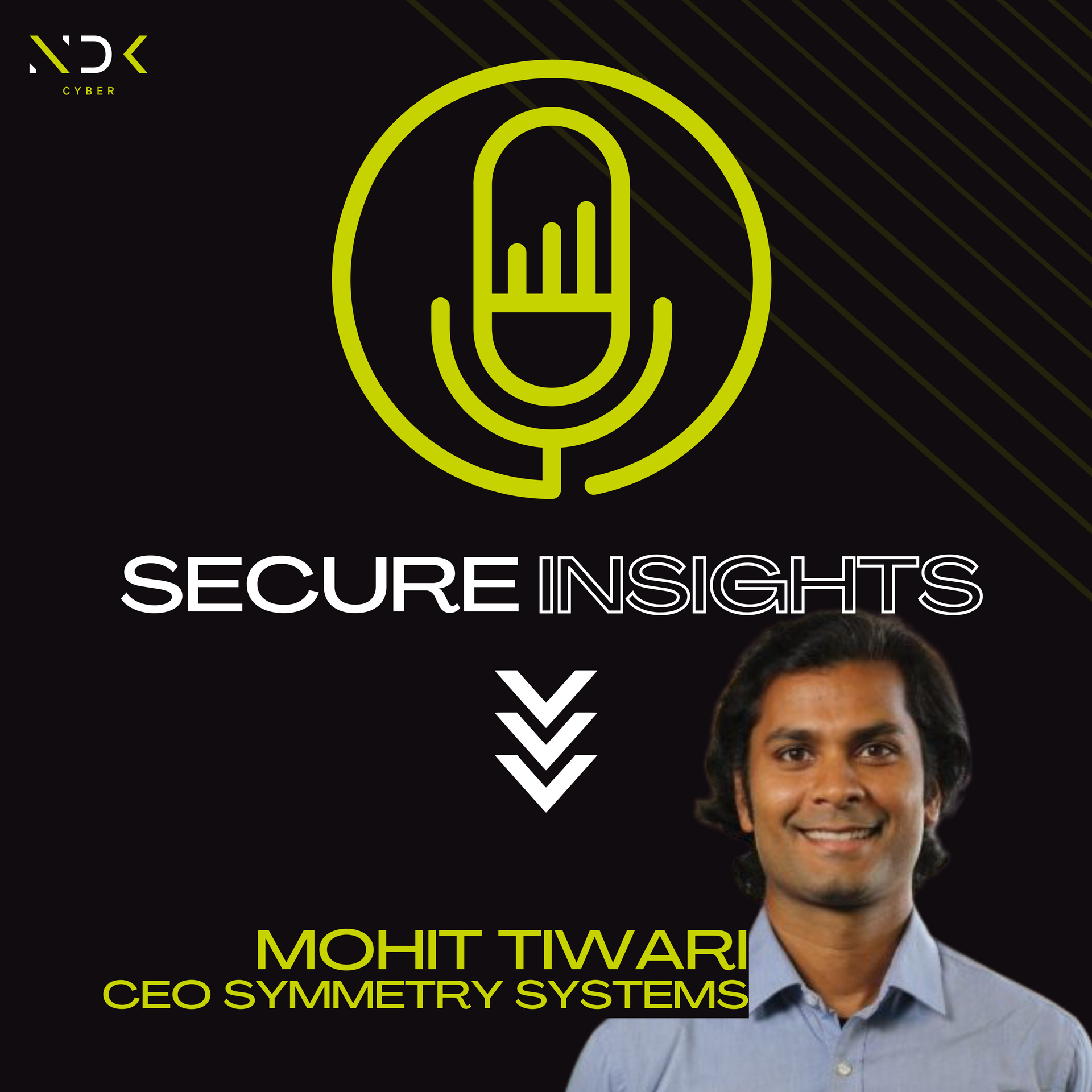The Intersection of Cybersecurity Talent and Product GTM Strategies
Go-to-market (GTM) strategies in cybersecurity extend far beyond product launches, they shape the foundation of a company’s competitive advantage. With global cybercrime costs projected to reach $10.5 trillion annually by 2025 (Cybersecurity Ventures), organizations must integrate a talent-first approach into their GTM strategy to ensure not only product differentiation but also seamless market adoption and revenue acceleration.
The Intersection of Cybersecurity Talent and Product GTM Strategies
A cybersecurity product’s success hinges on the expertise of the teams driving it. Organizations that strategically align their talent acquisition with their GTM strategy experience:
- Faster market penetration – Companies with specialized cybersecurity sales and marketing talent achieve up to 36% higher win rates (Forrester).
- Stronger revenue growth – Cybersecurity vendors that prioritize industry-specific expertise in hiring see 20-25% faster sales cycles.
- Higher credibility and trust – CISOs and security buyers expect vendors to demonstrate deep technical expertise, making talent a critical component of GTM success.
A high-performing GTM strategy ensures that skilled professionals drive sales, marketing, and customer success while product messaging directly addresses the security pain points of CISOs, security teams, and compliance leaders. It equips sales teams to confidently navigate technical objections and articulate product value with authority, ultimately accelerating adoption and strengthening market positioning.
Key Elements of a Cybersecurity GTM Strategy
1. Understanding Your Ideal Customer Profile (ICP)
Cybersecurity buying cycles are intricate and vary significantly across industries. Defining a precise ICP ensures that GTM efforts are aligned with:
- Regulatory challenges – Compliance concerns differ across sectors, from GDPR and CCPA in data privacy to NIST and ISO 27001 in enterprise security.
- Budget allocation – Enterprise security teams typically allocate 10-14% of IT spending to cybersecurity (Gartner).
- Decision-making structures – Enterprise security purchases often require multi-stakeholder buy-in, whereas mid-market firms rely on fewer decision-makers.
2. Building the Right Sales and Marketing Teams
Cybersecurity vendors frequently struggle with sales teams that lack deep security expertise. Hiring technical sales engineers, security-focused product marketers, and business development professionals with industry experience leads to:
- Greater technical credibility – 75% of security buyers prefer vendors whose GTM teams include former security practitioners (IDC).
- Higher conversion rates – Sales professionals with cybersecurity backgrounds close 32% more deals on average.
To read about the importance of product marketing in your GTM strategy, we wrote a blog on it here.
3. Aligning Talent with Business Growth
It seems like an obvious one, but scaling a cybersecurity business demands a targeted hiring strategy. Companies that invest in security-specialized talent for sales, marketing, and product functions experience:
- Lower churn – Industry-experienced employees are 40% less likely to leave compared to generalist hires.
- Faster product adoption – Security teams prefer working with vendors that employ professionals who understand their operational challenges.
4. Positioning and Messaging
With thousands of cybersecurity solutions competing for attention, differentiation is key. Effective messaging must:
- Address critical security concerns – CISOs prioritize solutions that enhance threat detection, risk mitigation, and compliance automation.
- Demonstrate ROI – Security investments need to show measurable reductions in risk exposure and incident response costs.
- Leverage real-world case studies – Security leaders trust tangible success stories over generic value propositions.
5. Sales Enablement and Training
Security buyers expect vendors to engage at a technical level. A strong sales enablement strategy includes:
- Hands-on technical training – 68% of security buyers are more likely to engage with sales reps who can demo products in live environments.
- Industry-specific case studies – Proven success in finance, healthcare, or critical infrastructure increases trust.
- Competitive intelligence – Sales teams should articulate how their solution outperforms alternatives on security efficacy, compliance, and ease of deployment.
6. Strategic Partnerships and Market Influence
The right partnerships accelerate credibility and market reach. Key strategies include:
- Technology integrations – Seamless compatibility with SIEM, SOAR, and EDR tools increases adoption.
- Channel partnerships – MSSPs and cybersecurity consultancies provide trusted recommendations to enterprise buyers.
- Compliance certifications – SOC 2, FedRAMP, and ISO 27001 certifications enhance credibility and shorten procurement cycles.
Hiring for GTM Success in Cybersecurity
Organizations that prioritize security expertise gain a measurable advantage. Companies with cybersecurity-specialized GTM professionals achieve:
- 28% higher deal sizes – Security buyers are more inclined to trust vendors with deep industry knowledge.
- Shorter sales cycles – Understanding security decision-making processes streamlines procurement.
- Stronger brand authority – Vendors with recognized technical credibility establish thought leadership faster.
At NDK Cyber, we are experts at helping cybersecurity companies build high-performing GTM teams that drive revenue and market expansion. Whether you’re scaling sales and marketing or need expert hiring strategies, we can help.
The most successful cybersecurity vendors don’t just invest in technology, they invest in people. At NDK Cyber, we are experts at helping cybersecurity companies build high-performing GTM teams that drive revenue and market expansion. Whether you’re scaling sales and marketing or need expert hiring strategies, we can help.
Need to build a cybersecurity GTM team? Get in touch.












